To fight the fast-growing coronavirus, India has two vaccines running in the country. Firstly, Covishield and secondly Covaxin.
AstraZeneca COVID vaccine set to become first one approved in India – sources https://t.co/CdG4KtB5FS pic.twitter.com/7qyZUAoUAY
— Reuters India (@ReutersIndia) January 1, 2021
The former is developed by Oxford along with AstraZeneca and has been approved by the drugs regulator in India and the latter is developed in the country itself by Bharat Biotech.
India likely to approve two-dose regimen for COVID vaccines, four weeks apart – sources https://t.co/nH4Hqn9IMU pic.twitter.com/8ugBvlL4XE
— Reuters (@Reuters) January 3, 2021
But before celebrating this news, here’s everything you need to know about the COVID-19 vaccines in India.
1. Who will get the vaccines first?
As per the recommendation by the National Expert Group on Vaccine Administration for COVID-19, healthcare workers of private/government hospitals will get it first.
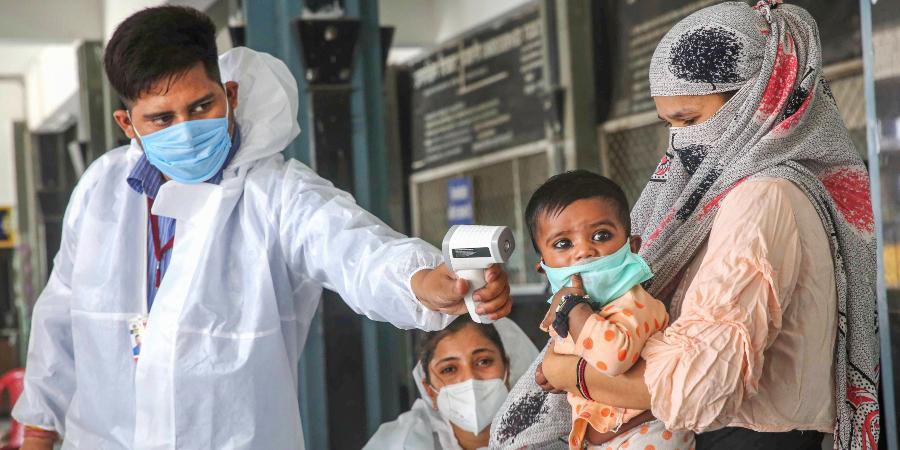
Furthermore, healthcare workers have been divided into sub-categories such as nurses and supervisors, medical officers, frontline health workers, and Integrated Child Development Services workers, paramedical staff, and students.
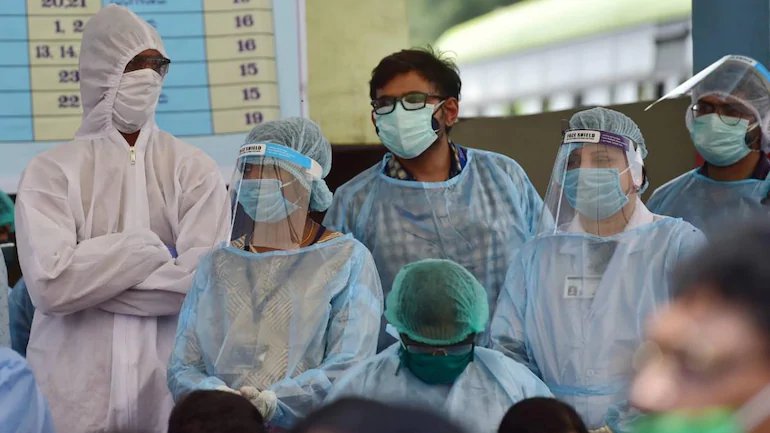
People associated with the State and the Central Police Department, home guard, disaster management, armed forces, prison staff, municipal workers, and even revenue officials related to the containment of the virus and surveillance along with other activities will also be inoculated in priority.
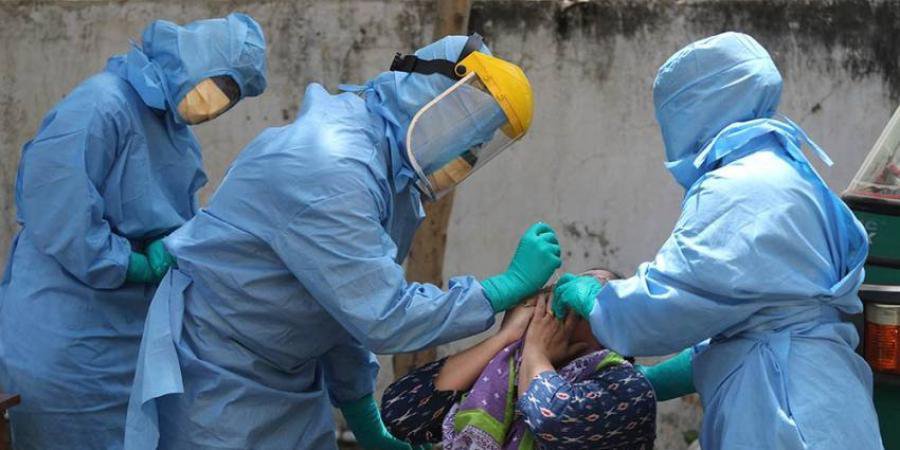
People who fall into the age cohort of 50 years and 50-60 years will also be on the priority list to be inoculated first. Areas under high coronavirus infection will also be able to access the vaccines.
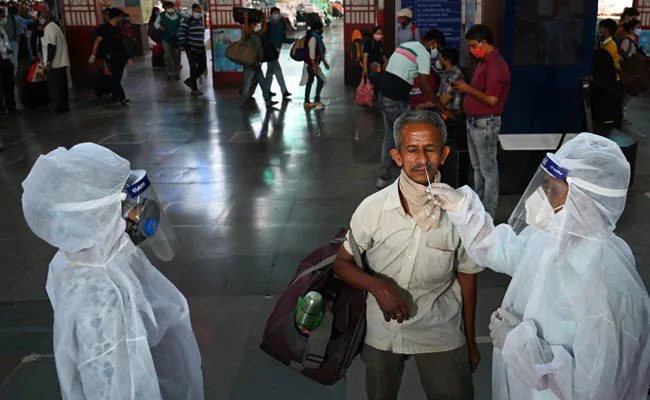
After the population from the priority list has been vaccinated, the rest of the people will be able to access the vaccines.
2. Who will vaccinate people?
Reportedly, a team of 5 people will be in charge of vaccinating people. They will be duties as follows:
Vaccination Officer 1: Will be responsible for pre-checking registration.
Vaccination Officer 2: Will have the duty of authenticating.
Vaccination Officer 3: Will actually give the vaccine.
Vaccination Officer 4 and 5: Will manage the crowd and keep a 30-minute observation.
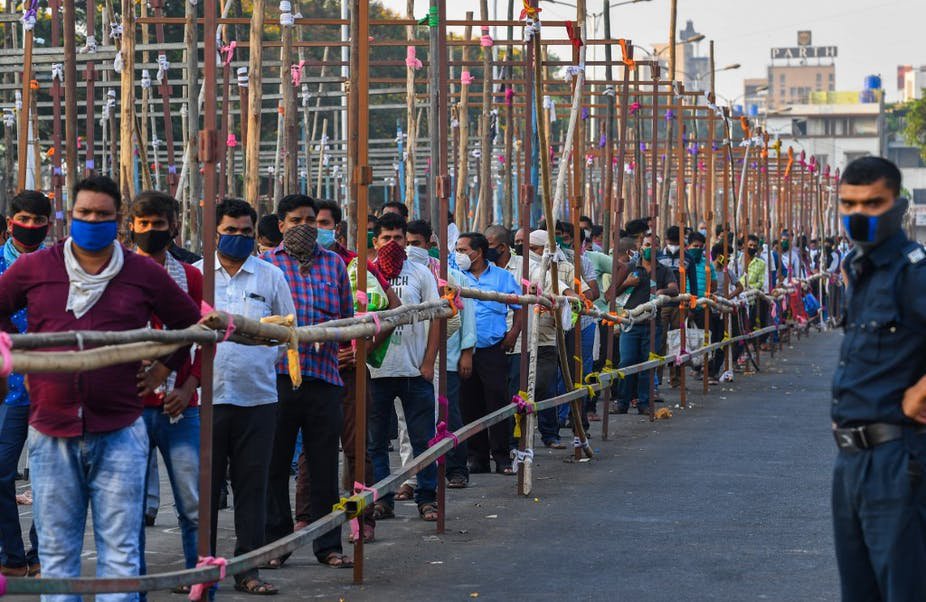
3. How to register for the vaccine?
People will have the option to self-register only during the later phases. They’ll have to go through a series of steps such as:
Maharashtra: State Health Minister Rajesh Tope inspected the dry run for #COVID19 vaccine rollout being held in Jalna. pic.twitter.com/cmmLmu726X
— ANI (@ANI) January 2, 2021
a) Register themselves on the CoWIN website which is a digitized COVID Vaccine Intelligence Network system. Enlisted people and anti-coronavirus vaccines can be tracked on a real-time basis here. There is also a CoWIN app also for the same but is not functional yet.
b) Identification process will be conducted using government photo identity and AADHAAR authentication.
The authentication can be done using OTP, biometrics, and even demographics.
c) A date and time will be set after the registration process is completed.
d) It is important to note that no on-spot registrations will be welcomed. People who have pre-registered themselves will be able to get inoculated.
We’ll never approve anything if there is slightest of safety concern. The vaccines are 100 per cent safe. Some side effects like mild fever, pain & allergy are common for every vaccine. It (people may get impotent) is absolute rubbish: VG Somani, Drug Controller General of India pic.twitter.com/jsIeWEoI20
— ANI (@ANI) January 3, 2021
District administration will have a major role to play as they will have the duty to manage such sessions. Along with that, they will also approve people and allocate them with sites. To aid the process, CoWIN will come with an inbuilt monitoring and reporting tool.
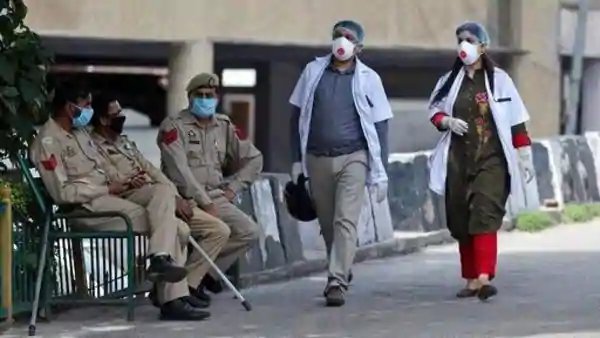
4. What documents will the beneficiary be required to carry for eligibility?
At the time of registration, any of the following can come in handy to the beneficiary.
1. Passport
2. Pension Document
3. Service Identity Card provided to the employees by the Central/State Govt/Public Limited Companies
4. Driving License
6. Smart Card provided under the scheme of the Ministry of Labour
7. MGNREGA Job Card
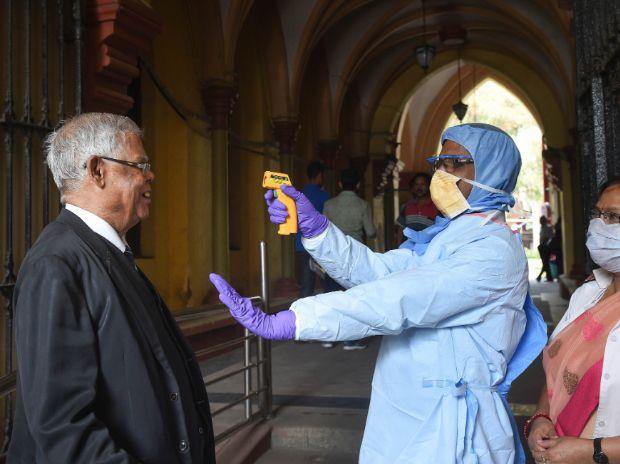
5. What documents do beneficiaries needs to show while getting the vaccine?
The same ID showed by the beneficiary during registration need to be shown during vaccination.
Drugs Controller General of India grants permission to Serum Institute of India to manufacture its COVID-19 vaccine ‘Covishield’ pic.twitter.com/qRX3ZI9xai
— ANI (@ANI) January 4, 2021
6. What are the plans to tackle any possible side effects?
Reportedly, the government plans to introduce the vaccine when it’s completely safe to do so. Some side effects of the vaccine involve- pain at the spot of the vaccine, mild fever. Meanwhile, the centre has urged state governments to plan out arrangements to take care of any side effects.
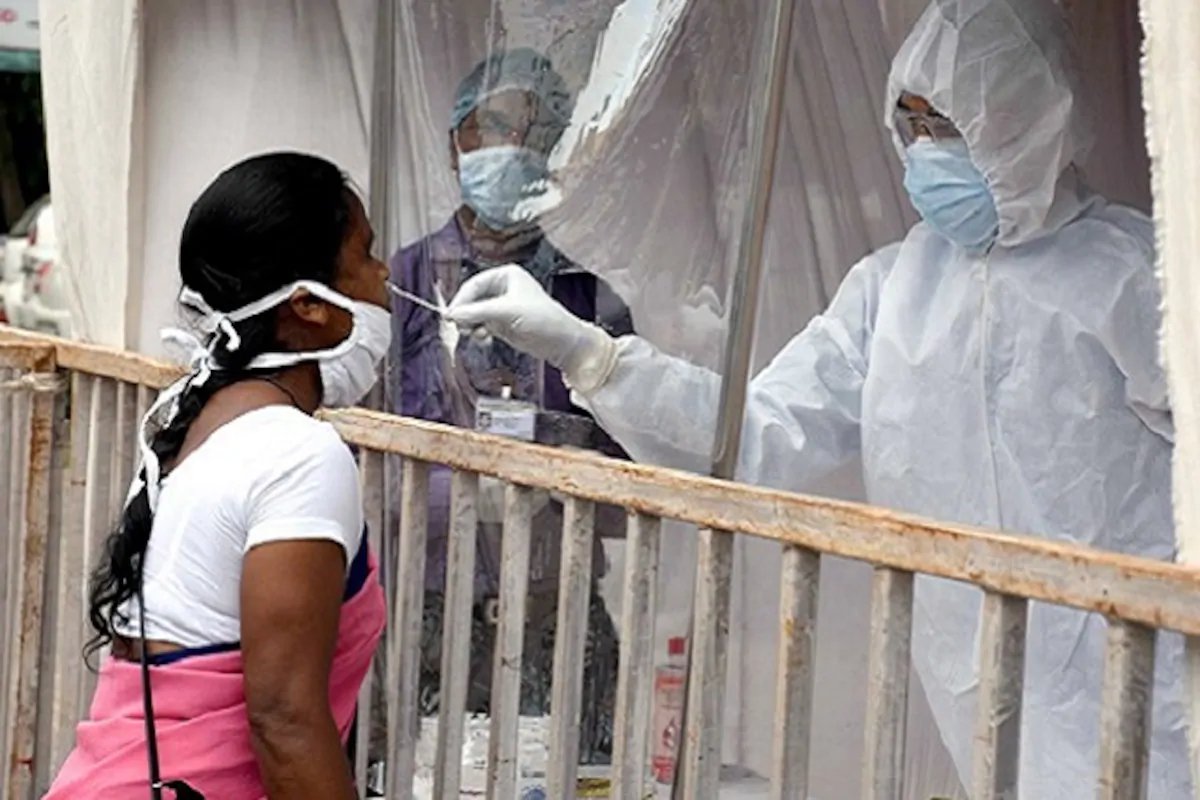
7. How are Session sites planned to ensure efficiency and security?
The sites will be planned on the basis of priority groups.
1. Fixed session site: These sites will have health facility setups involving both public and private. This will be a fixed site as a doctor or a medical officer will be present.
2. Outreach session site: This will involve places like schools, community halls.
3. Special Mobile Teams: This site will be set up for areas that are remote or hard to reach. They will also entail international border areas.
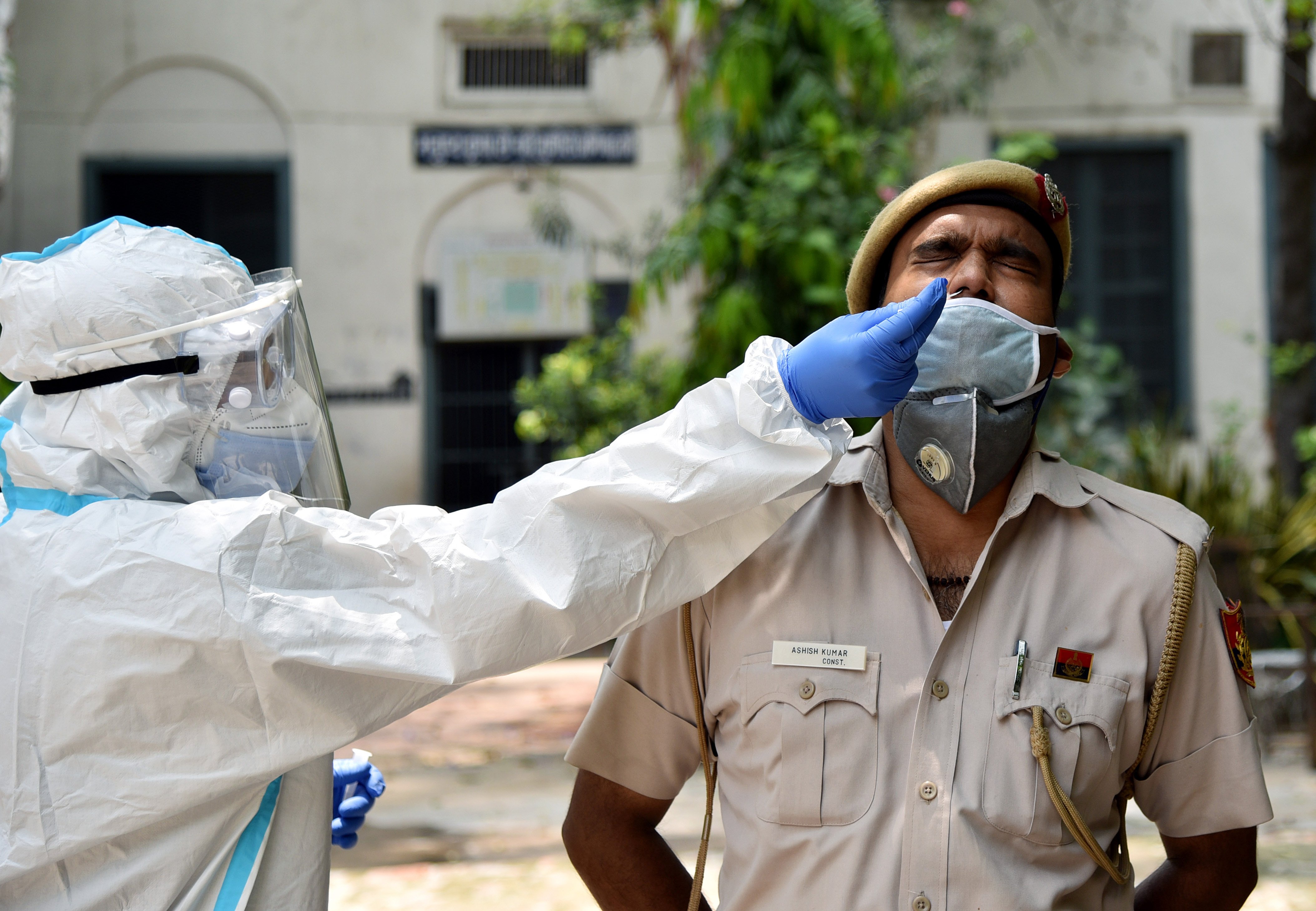
8. What will happen once the beneficiary enters the site?
There will be a Waiting Room for people to wait. They will be led to the Vaccination Room where they will be inoculated. And, finally, the Observation Room where they will be kept in observation for 30 minutes after they have received the vaccine.
Total number of samples tested up to 3rd January is 17,56,35,761 including 7,35,978 samples tested yesterday: ICMR pic.twitter.com/5IXCL7vPRs
— ANI (@ANI) January 4, 2021
9. How much will it cost to get vaccinated?
As per reports, frontline workers will not have to pay for the vaccine at all. Covishield will cost something around Rs.400 while Covaxin will cost less than Rs.100. Although nothing for sure can be said as of now because the budgeting will also get influenced during the later stage of vaccination.
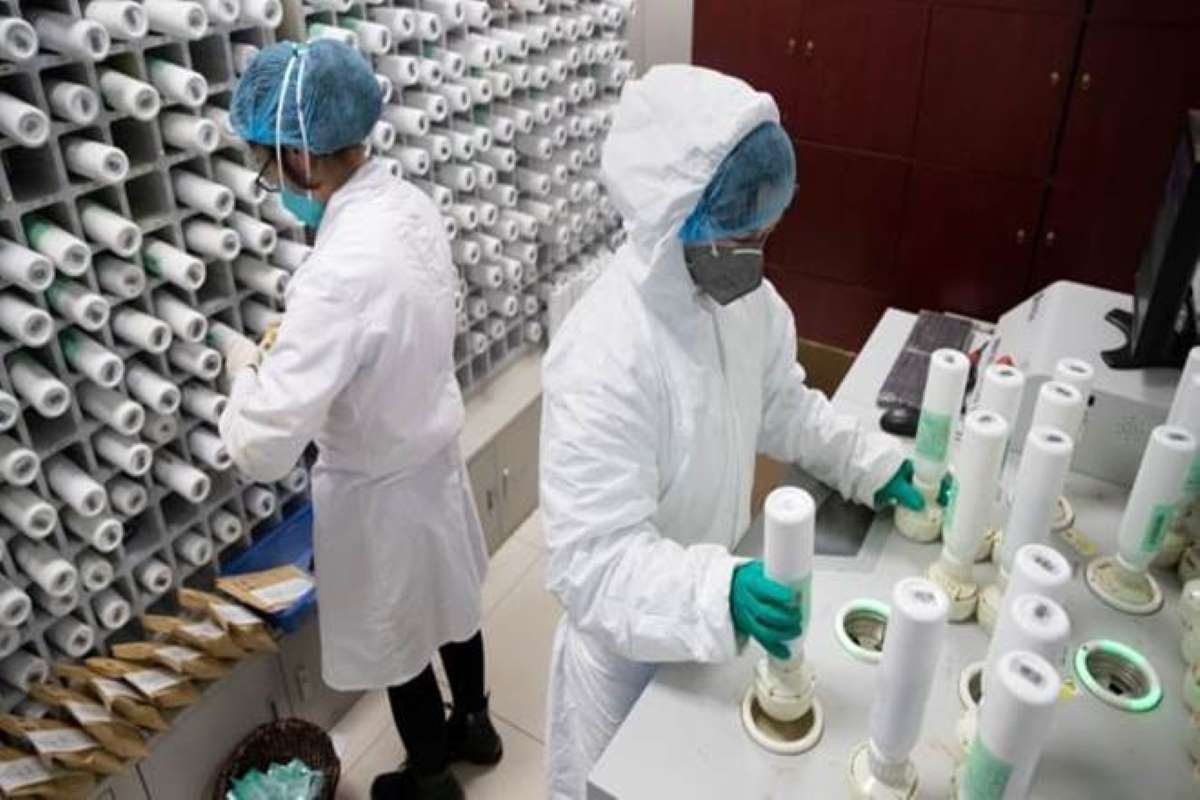
10. How many doses and how long will the vaccines be effective?
Reportedly, the Subject Expert Committee (SEC) suggests that two full doses of the vaccines should be administered within a gap of 4-6 weeks. The vaccine can have an immune response for up to 1 year at least.
Let’s hope to come out of this pandemic stronger than ever.

















